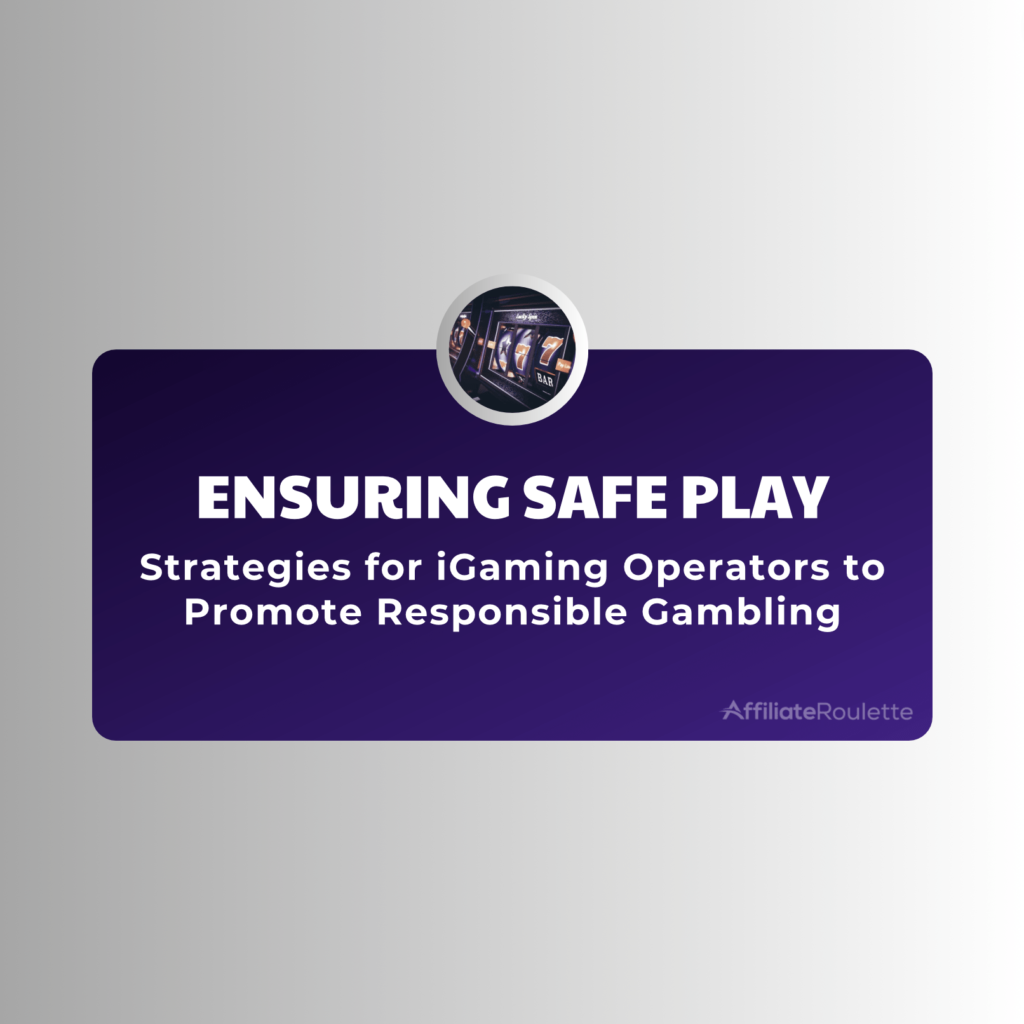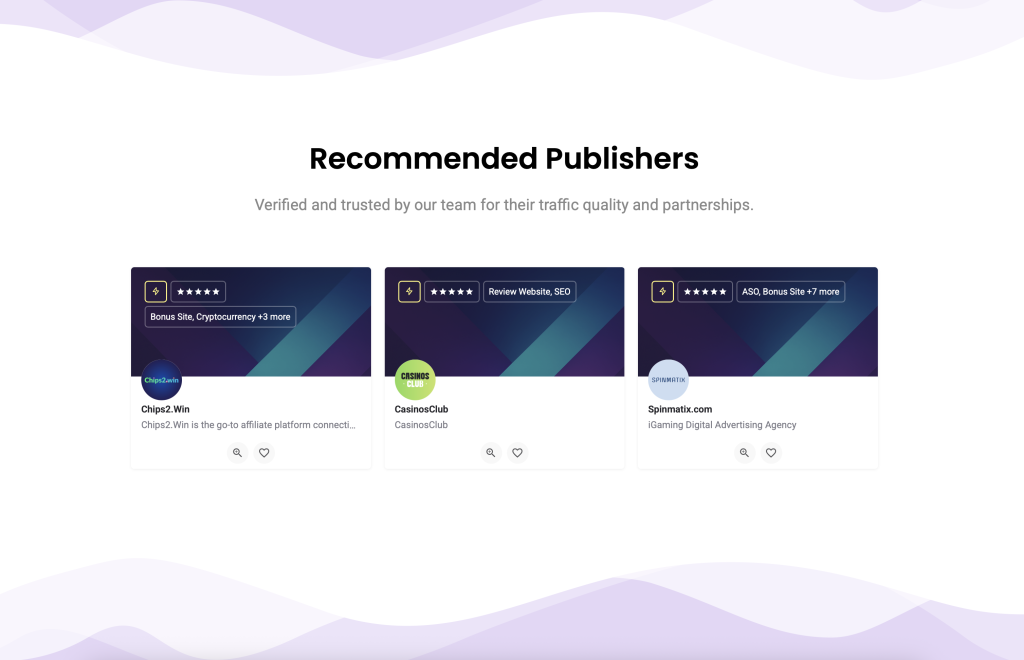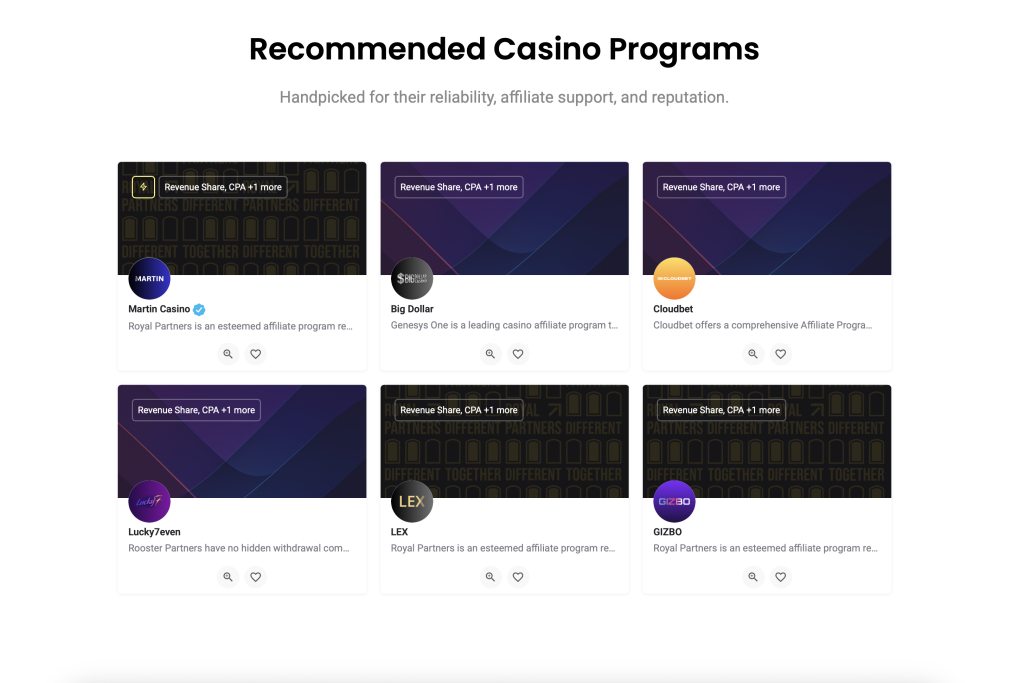Ensuring Safe Play: Key Strategies for iGaming Operators to Promote Responsible Gambling

The rise of the iGaming industry has brought with it the need for operators to prioritize responsible gambling. As providers of online betting and gaming services, iGaming operators have a duty to ensure that their platforms are not only entertaining but also safe and ethical. This blog explores best practices for promoting responsible gambling, crucial for the well-being of players and the integrity of the industry.
Understanding the Importance of Responsible Gambling
Responsible gambling is essential for protecting players from the potential harms associated with gambling, such as addiction and financial distress. For operators, promoting responsible gambling is not only a moral obligation but also a business imperative, as it helps to sustain a trustworthy and reliable gaming environment.
Implementing Effective Age Verification Processes
One of the first steps in promoting responsible gambling is to ensure that all players are of legal age. This involves implementing robust age verification processes during account registration and performing regular checks. Effective age verification not only complies with legal requirements but also demonstrates a commitment to ethical practices.
Offering Tools for Self-Regulation
Empowering players to manage their gambling is a key aspect of responsible gaming. Operators should provide tools for setting deposit limits, loss limits, and session time limits. Additionally, self-exclusion programs should be easily accessible for those who wish to take a break or stop gambling altogether.
Ensuring Transparent and Fair Gaming
Fairness in gaming is paramount. This means offering games that are regularly audited for fairness and randomness by independent bodies. Operators should also ensure transparency in terms of odds, game rules, and payouts, allowing players to make informed decisions.
Training Customer Support Teams
Customer support teams should be well-trained to identify signs of problem gambling and provide appropriate guidance. They should be equipped to offer information on responsible gambling tools and direct players to professional help if needed.
Promoting Awareness and Education
Educating players about the risks associated with gambling and the importance of playing responsibly is crucial. This can be done through informational content on the website, responsible gambling reminders during gameplay, and collaborations with organizations that promote safe gambling.
Monitoring Player Behavior
Operators should have systems in place to monitor player behavior for signs of problem gambling. This includes tracking spending patterns and time spent on the platform. If high-risk behavior is detected, operators should take steps to intervene, which may include reaching out to the player and offering support.
Collaborating with Responsible Gambling Organizations
Partnerships with organizations dedicated to preventing gambling addiction and promoting responsible gambling practices are beneficial. These collaborations can enhance the operator’s strategies and provide additional support and resources for players.
Regularly Reviewing and Updating Policies
The iGaming industry is continuously evolving, and so are the challenges related to responsible gambling. Regularly reviewing and updating responsible gambling policies and practices is essential to stay effective and relevant.
Conclusion
Promoting responsible gambling is a shared responsibility that benefits players, operators, and the industry as a whole. By implementing these best practices, iGaming operators can contribute to a safer, more ethical, and sustainable gaming environment. This commitment not only protects players but also enhances the reputation and long-term success of the operators in the competitive world of iGaming.
Comments
You must be logged in to leave a review.


